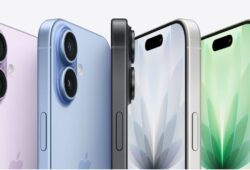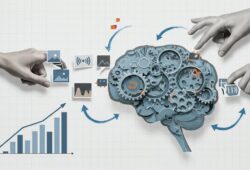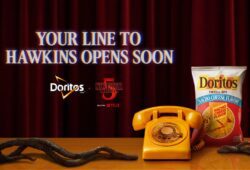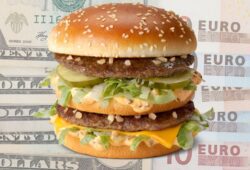The world’s greatest marcom scientists on…
Advertising as a force for good
Stanford and Wharton Professor Jonah Berger
Jonah Berger studied Marketing, Human Judgment and Decision Making at Stanford. He teaches at Wharton, one of the top three business schools in the USA, is a world-renowned expert on consumer behavior and a consultant for Apple, Google, Nike and Amazon. His book ‘Contagious: Why Things Catch On’, is a global bestseller.
By: Gijs de Swarte / Best World Publicity
Green, greener, greenest seems to be the marketing communication credo these days. Not to mention ‘inclusive’, ‘transparent’ and in general, ‘social’. What’s behind all that?
‘Companies are looking for new and better ways to engage and deepen relationships with consumers. People don’t just buy products for what they do, but also for their symbolic value. We don’t just buy shoes because they fit well, or a car because it helps us to get from one place to another. These things are extensions of ourselves. They say something about us. So, we want to buy the brands and support the organizations that reflect our values. Companies have realized that values-based marketing, such as being green or inclusive or transparent or social, deepens their relationship with consumers.’
And word of mouth is key in this according to you.
‘Word of mouth is ten times as effective as traditional advertising. People trust it more and it is a lot more targeted. If you look around, you see lots of things that catch on that don’t have a large advertising budget at all. The idea it not to talk ourselves about why a product is so great, it’s about getting people to talk and share, turning consumers into advocates, into a marketing channel for our messages and ideas.’
Trust must play a big role in this.
‘Yes it does. Think about it, advertisements always say that products and services are good, that the food tastes great, the service is fantastic, the products have the best technology. That’s standard, and because of that consumers don’t know if they can trust ads and brands. Our friends we can trust because they will tell it to us straight. It is much more objective so we are much more likely to listen to what they have to say.’
What implications does all this have for advertisers and agencies?
‘Smart brands and agencies are shifting dollars from traditional advertising for paid media to generating word of mouth. Rather than spending a lot of money interrupting consumers with ads, they are trying to get people to talk and share. That’s not just on social media. Most word of mouth is actually off line, face to face. Note that word of mouth can come from anything, any consumer touch point can drive conversation; from packaging, to product- and store design, to customer service and even pricing. So, first understand why people talk and why people share, and create content people really want to consume. You are a financial services company? Give the customers tips and tricks on saving money and bring the brand along for the ride.’
And if you relate all that to the do-good trend that’s going on right now?
‘”Let me tell you why our product or service is green and why you should buy it’, is still fine for awareness but it is not so good for persuasion. Everybody claims that now. The consumer is really savvy so to make a message believable it has to be organic, authentic, honest and consistent. Okay, you care about the environment, but what do you do to make your packaging more sustainable? What do you do to reduce your carbon footprint? What about other parts of the company, are they green as well and will there be improvements over time? Marketing messages must ensue from actual behavior.’
Do you think all this will ‘save the planet’?
‘Yes it will certainly help to save the planet. What’s happening right now isn’t random, luck or chance. There are demonstrably strong forces behind it and those will last as longs as our problems exist. Brands and agencies that understand this have the future.’









